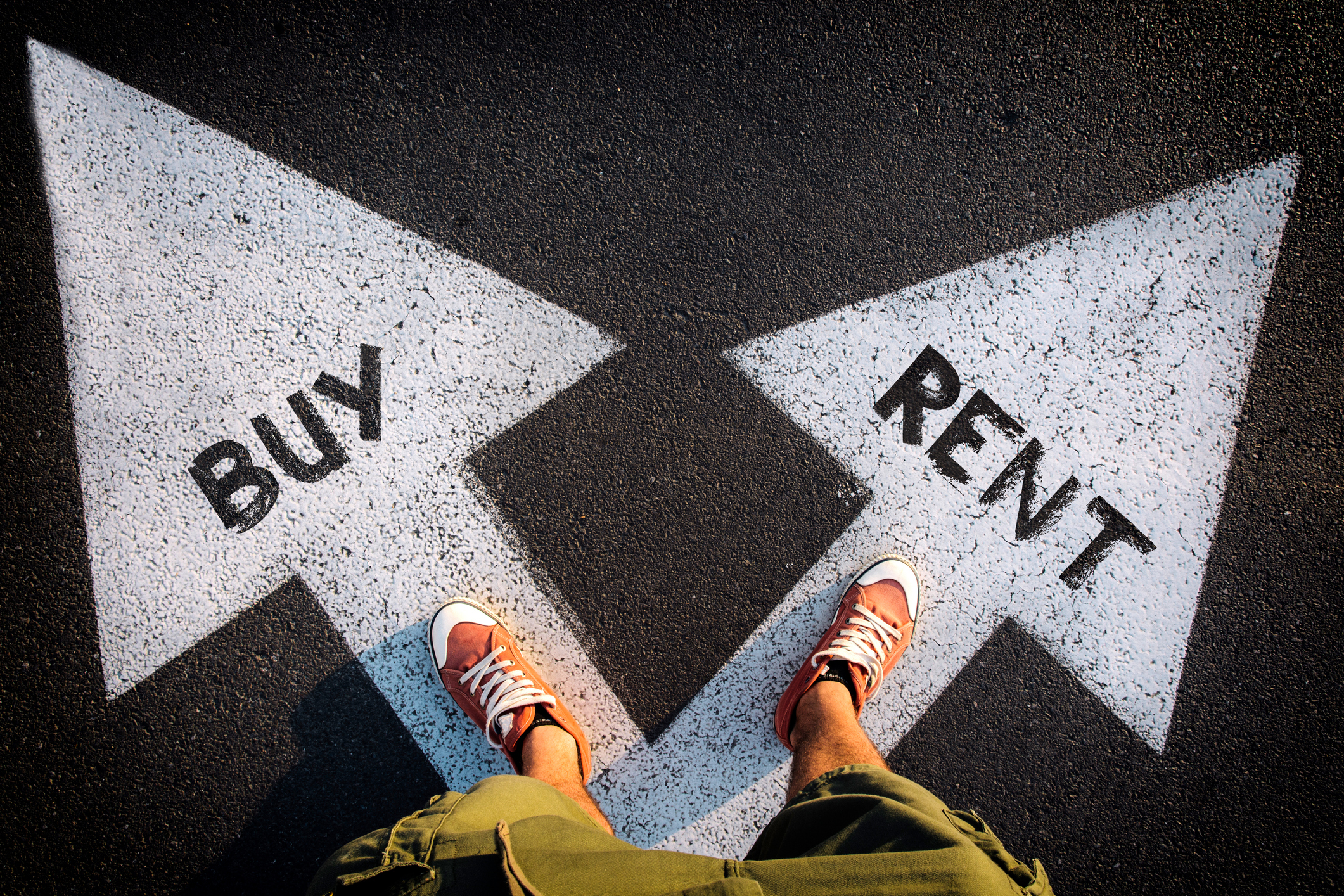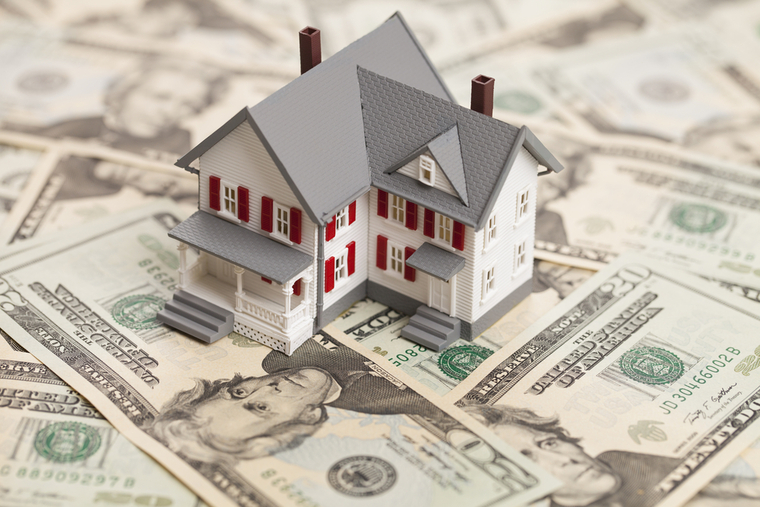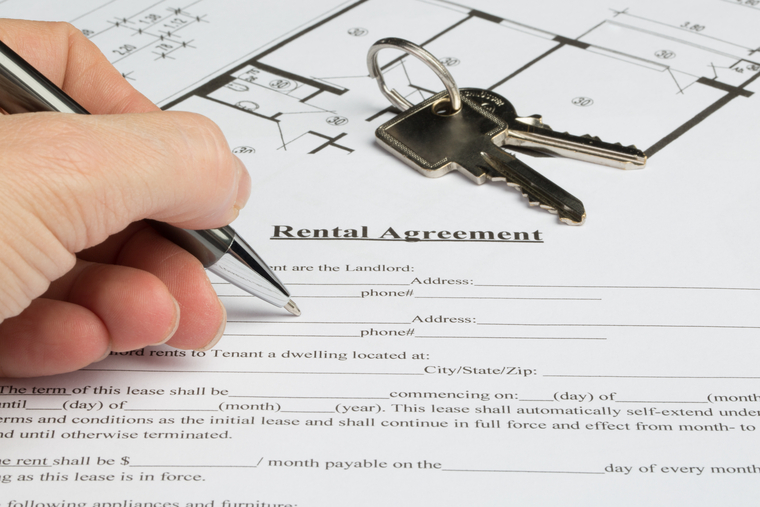Rent Record

Records continue to be broken in real estate, including the rental market.
Rents just rose another $2 per month to $1,594, a new record.
The annual rent growth of 13.5% nationally in 2021 was more than double any previous year, and apartment absorption counted nearly 600,000 units, which is roughly 50 percent more than the previous annual high, set in 2015.
The single-family rental market continues to outperform the multifamily sector.
Throughout 2021, the average U.S. asking rent gained $190 and 2022 is forecasted to increase by another 5%.
Source: Multi-Housing News
Five Reasons You Need Renters Insurance

 It might be tempting as a renter to think that you don’t need an insurance policy if you’re renting an apartment or home, but not having one could cost you more than you think. A 2016 poll by the Insurance Information Institute found that only 41 percent of renters have their own renters insurance policy. Here are a few reasons why it’s important to have your own insurance policy as a renter.
It might be tempting as a renter to think that you don’t need an insurance policy if you’re renting an apartment or home, but not having one could cost you more than you think. A 2016 poll by the Insurance Information Institute found that only 41 percent of renters have their own renters insurance policy. Here are a few reasons why it’s important to have your own insurance policy as a renter.
- To cover your belongings.
In the event that a fire, break-in or other incident occurs that results in the damage or loss of your personal belongings, your landlord’s insurance policy will not pay for their replacement. Consider how much it could cost to replace your clothes, furniture, electronics and other household items. In order to make sure you have the coverage to replace your lost items, it’s critical to have your own renters insurance policy.
- To cover people who come to your residence.
If someone were to visit your home and become injured, you could be held liable for their injury and any related medical bills and costs. Having renters insurance helps protect you against this liability, and can help pay for legal expenses in addition to medical bills.
- To cover things that might be stolen outside of your home.
Your renters insurance may actually help cover you in incidents that happen away from your home. For example, if some of your personal belongings are stolen from your vehicle, it is unlikely that your auto insurance will cover the theft. However, it’s much more likely that your renters insurance will cover it.
- Your landlord might require it.
Agreeing to purchase a rental policy might be a requirement of your landlord. But even if it isn’t, having renter insurance may help your rental application get accepted and it helps show your landlord that you’re a responsible renter.
- It won’t break the bank.
Rental policies are usually pretty inexpensive. According to the National Association of Insurance Commissioners, the average rental insurance policy costs $190 per year. That amounts to less than $16 per month.
If you’re wondering whether or not you need a rental insurance policy, talk to your insurance representative or reach out to the professionals at Long & Foster Insurance. They can help guide you to the right policy for your needs so you get the right amount of coverage at the right price for your budget.
This blog was re-posted with the permission of Long & Foster.
For more information on Windermere Evergreen please contact us here.
 Facebook
Facebook
 Twitter
Twitter
 Pinterest
Pinterest
 Copy Link
Copy Link

 Real estate investments are a large percentage of all home sales, accounting for
Real estate investments are a large percentage of all home sales, accounting for 
 One area of the real estate market that is thriving right now is rental property.
One area of the real estate market that is thriving right now is rental property.